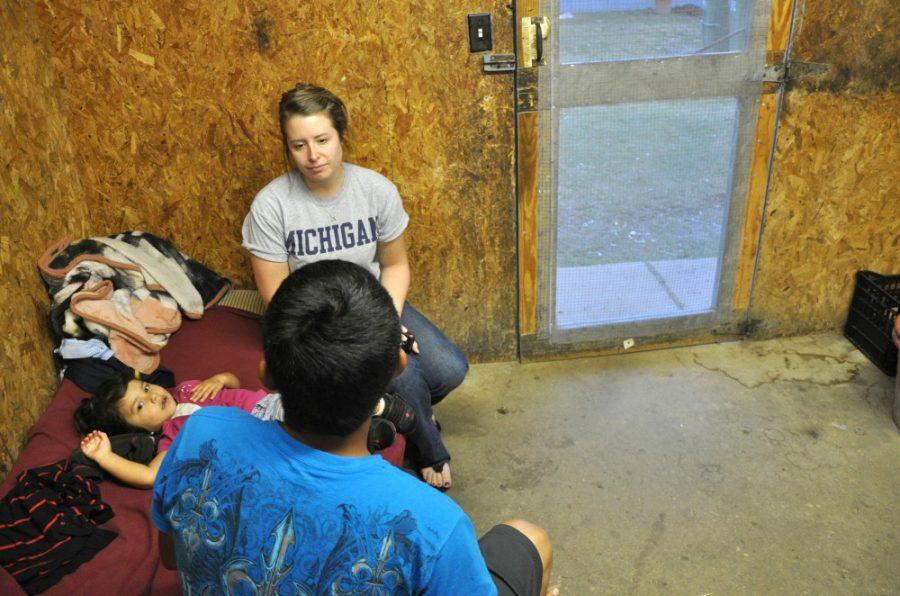WASHINGTON — Under President Barack Obama’s administration, U.S. Immigration and Customs Enforcement has changed tactics, shifting its focal point from the undocumented worker to the employer knowingly hiring illegal labor.
This approach has seemingly paid off with the agency having its most prolific year — removing 396,906 illegal immigrants, the majority having been convicted of felonies or misdemeanors.
But in a memo to all employees earlier this year, ICE Director John Morton confronted the reality of balancing the agency’s monumental task with its finite resources. Morton wrote that ICE “only has resources to remove approximately 400,000 aliens per year, less than 4 percent of the estimated illegal alien population in the United States.”
With such a limitation, Morton said, ICE is focusing its effort on critical infrastructure, public safety and border security. In other words, agriculture isn’t explicitly a priority for ICE.
“And they are right,” a vegetable farmer in Virginia said of ICE’s approach. “How much threat is some cucumber pickers?”
But farmers getting caught hiring illegal workers is “a very real possibility,” according to Bob Andrews, the ICE assistant special agent in charge of coordinating worksite enforcements for Georgia and the Carolinas. “I can point to numerous cases where we’ve sent people to jail for significant lengths of time for knowingly hiring undocumented aliens. To me it’s a significant risk.”
ICE has conducted investigations involving agricultural-related businesses, added Del Richburg, assistant special agent in charge for North Carolina. “But it’s not necessarily what we’d consider critical infrastructure sector.”
Richburg was not able to quantify the number of cases involving North Carolina agriculture-related businesses because ICE does not break down data by industry and signs nondisclosure agreements with those civilly punished, but he characterized the number as “a handful” in the last year.
Lee Wicker of the North Carolina Growers Association, on the other hand, believed that a “handful” was the amount of actions taken against farms since he started running his family’s farm 23 years ago.









